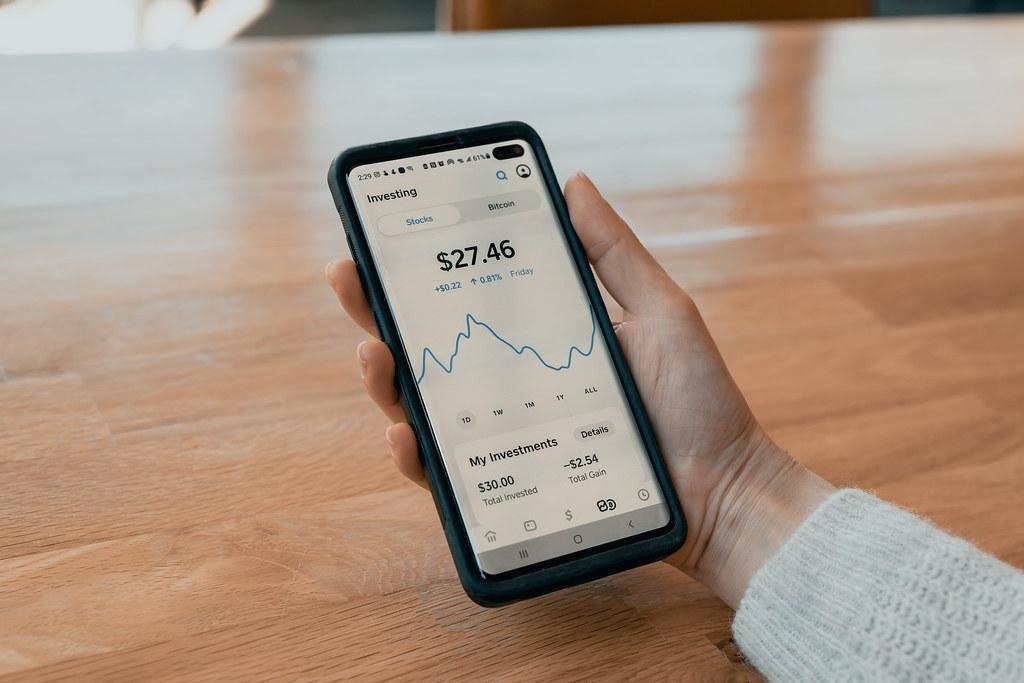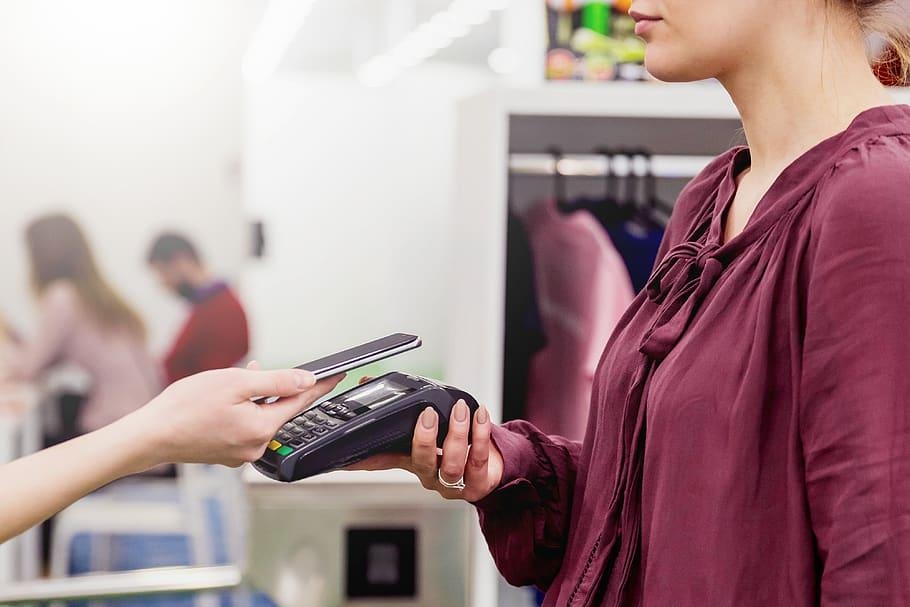Is it safe to hand out your cash app $cashtag in 2023 (important!)
With the rise of digital payment services like Cash App, more and more people are transitioning away from traditional banking systems. Many individuals now rely on mobile wallets to make payments or receive money transfers. But with this new way of transferring money comes a potential risk – is it safe to hand out your Cash App $Cashtag in 2023?
“Cashtagging” is a popular method of money transfer that has recently gained immense popularity as payment apps have become more accessible and convenient. Individuals can easily send and receive money using this unique code and system. But, as with any new technology, safety concerns arise surrounding how secure these mobile wallet stories really are when it comes to handing out our cash app cashtags in 2023?
This article aims to set aside the security concerns by addressing key risks involved in sharing our personal $cashtags – which is particularly important as we reach the year 2023! We will take an in-depth look at the safety measures Cash App has put in place and discuss some tips for protecting your data when using their service.

Is it safe to hand out your cash app $cashtag in 2023?
The answer to this question is a resounding yes! Cash App takes the security of its customers very seriously and there are numerous measures in place to protect user data. For instance, all payments are encrypted with end-to-end encryption, meaning that only the sender and recipient can view the transaction details. Furthermore, Cash App also provides two-factor authentication which requires users to enter a unique code sent to them via text message in order to gain access to their accounts. This ensures that no one else can access your account without your permission.
In addition, Cash App also offers a feature called Cash Shield which is designed to protect users from fraudulent activity. If an unauthorized transaction is detected, the user will be notified and given the option to cancel the payment or dispute it if they believe it was fraudulent.
It is important to note, however, that although Cash App takes the necessary measures to protect user data, it is still up to the individual to take precautions when handing out their $cashtag. We recommend that users only share their cashtag with individuals and businesses they trust and use a strong password for additional security. Additionally, it is also important to keep an eye on your account and report any suspicious activity to the Cash App as soon as possible.
It is safe to hand out your Cash App $cashtag in 2023 as long as you exercise caution and follow the tips outlined in this article. By taking the necessary precautions and using the security measures provided by Cash App, users can be confident that their money is safe and secure.
Can you get scammed using a cash App?
Cash App is a popular payment service used by millions of people across the United States and beyond. While convenient, it’s important to remember that this platform can also be used to scam people out of their hard-earned money.
Scammers have been known to target Cash App users by posing as friends or family members asking for money. They may even pose as official representatives from Cash App itself in an attempt to solicit personal or financial information that they can then use for malicious activities. Other common scams involve sending payments using fake cash app accounts, convincing victims to send funds via gift cards, overcharging for services rendered, being asked for refunds for services not yet received and more. Fortunately, there are steps users can take to avoid getting scammed while using Cash App. It’s always important to double check that you’re sending money only to people or accounts you know and trust, never responding directly to any suspicious requests, and verifying the identity of anyone you’re sending or receiving money from before confirming the transaction. Additionally, Cash App provides safety tips within its application settings that should always be observed while using the platform. If you do run into any suspicious behavior while using Cash App, report it immediately so they can take action against the offending party.
How to use a cash app without SSN?
Using a Cash App without an SSN is still possible and can be done in a few easy steps. After downloading the app for Android or iOS, or on the website, you will be prompted to enter your mobile number or email address, and then enter the verification code that Cash App sends you. As an unverified user, you are still able to send and receive a limited amount of money within certain limits; it is possible to send up to $250 within a one-week period and receive $1,000 within a one-month period.
This can come in handy if you’re looking for a quick way to transfer funds but don’t have access to a computer or your SSN. It’s also beneficial if you need to transfer money as soon as possible, since there is no waiting period involved with this form of payment. Security wise, Cash App encrypts all data that passes through its systems at rest and in transit for extra security for both users sending or receiving funds. All these features make using Cash App without an SSN convenient and secure.
When it comes to safety, Cash App is committed to protecting its users by taking a variety of measures. All accounts are password protected and have two-factor authentication enabled. Additionally, Cash App also provides features such as spending limits, transaction monitoring, and fraud protection to ensure that your money is safe and secure. Users can also take advantage of the ‘Cash App Support’ page which provides resources and advice on how to protect yourself from fraudsters. In conclusion, it is safe to hand out your Cash App $cashtag in 2023 if you take the necessary precautions.
It is important to remember that, as with any online payment method, Cash App users should always remain alert and practice caution when using the app. Your personal information is valuable, so you should never share it with anyone you don’t trust. Additionally, be sure to review the terms and conditions of Cash App before agreeing to them and never click on suspicious links or provide your sensitive information to any untrustworthy source.
How to fully verify your cash app account?
Verifying your Cash App account is one of the most important steps you can take when setting up your application. When you provide a valid Social Security Number (SSN) during sign-up, it helps protect your account and contacts from unauthorized access. Otherwise, in some cases, Cash App may prompt users to enter their SSN if they attempt to use certain verified user-only features. For example, if you click the “Order” button to apply for a Cash Card or if you send over $250 within a week or receive over $1,000 within any given month.

Having an authentic SSN associated with your Cash App will provide you with additional security and allow for more seamless transactions by confirming that nobody else has full access to your funds. Additionally, having a verified account prevents the company from freezing or withholding the funds sent to connected friends and family members. You can get started on verifying your Cash App profile by visiting the official website or downloading the app itself so that you can be fully prepared to move money without hassle.
When it comes to protecting your data and funds, Cash App also offers a range of features that can help keep you safe. For example, the app allows users to set up spending limits and monitor transactions for any suspicious activity by sending out notifications when large amounts are sent or received. Additionally, Cash App provides fraud protection and customer support services so that users can have peace of mind when using their account.
Is it safe to give out your cash app name?
When it comes to sharing your Cash App name, safety should be your number one priority. While sacrificing safety for convenience may seem tempting, it can lead to dire consequences. To start, a $Cashtag is the unique identifier associated with a Cash App user. $Cashtags are intended to be shared and when one is shared, no personal or sensitive information is revealed. All a hacker would be able to do with this knowledge is send you money; not access any of your account details nor siphon away funds from your account.
However, though the threat seems minimal on paper, these payments could potentially trigger a scam if the sender has malicious intent. In addition to potential scams, without extensive research into who exactly sent you the payment there’s no guarantee of how legitimate they actually are. To mitigate any potential risks from random users sending cash to you through your $Cashtag requires an extra layer of caution and vigilance on your part. It’s best practice that if you receive such unexpected payments that you refund the sender as opposed to sending out more money as that would limit their ability to withdraw or dispute anything when it comes time for PayPal protection rights to come into play. As long as users remain wary and thorough about who they are sending and receiving funds from, sharing your Cash App $Cashtag is generally safe.